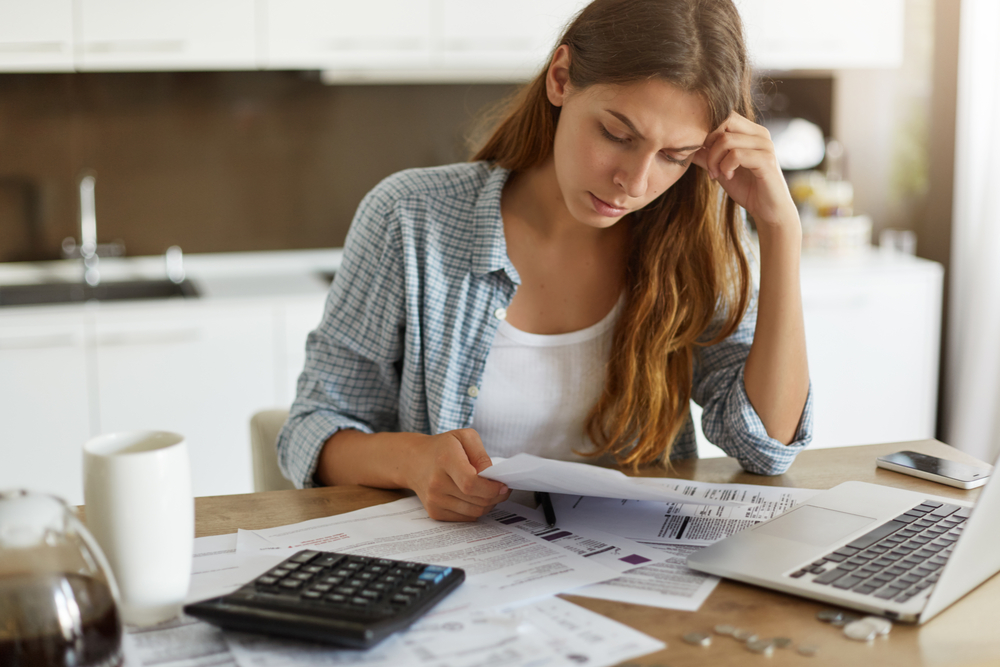
Paying off your mortgage early is a good thing, right? While we’d all love to have full ownership of our homes sooner rather than later, it isn’t always the best option. In fact, depending on your financial situation, it may be better for you to put that extra money to good use elsewhere. If you’re thinking about putting extra money toward your monthly mortgage payments, then here’s what you should be considering.
When you have other costly debt
Not all debt is created equal. Mortgages are often seen as “good” debt. This is because they are for a tangible asset – your home. And your home is something that will increase in value over time. You could sell your home tomorrow and pay off your mortgage with the proceeds from the sale – and you may even make a profit. Instead, look at other debts you may have, such as credit card balances, medical bills, student loans, or car loans. Some of this debt, especially your credit cards, may have a high-interest rate attached to it. Most likely, all of this other debt has higher interest rates than your home loan. If this sounds like you, then you’re better off using your extra money to pay off your high-interest debt first. Borrowers who need to change the terms of their loans or mortgages may benefit from seeking the services of a firm that specializes in loan modifications.
When you’re going to move
If you’re thinking about moving in the near future, then it’s also not necessarily a good idea to make extra mortgage payments. Buying a house can be very expensive, especially when you consider additional costs like the down payment and moving expenses. It would be better for you to put your extra money toward the purchase of a new home instead.
When you don’t have emergency cash reserves
We’ve all learned the importance of having an emergency fund during the pandemic. You just never know what life may throw at you. Losing a job, needing a new furnace, or having unexpected car trouble can be very stressful. Having some cash saved for these kinds of emergencies will give you peace of mind and help you when you need it most. So if you don’t have an emergency fund, you’re better off saving extra money to put aside for large, unexpected expenses.
When you’re self-employed
When you’re self-employed, your tax bill can be much higher than those who are not. One great way to save money on your tax bill is by having a mortgage. Homeownership has many perks, and one of them is being able to deduct your mortgage interest from the taxes you owe on your income. If you pay off your mortgage more quickly, then you’re losing the ability to deduct your interest payments after the loan is paid off. This is also true for anyone in a higher tax bracket. It may make more financial sense to put your extra money elsewhere.
When you’re trying to save money for retirement
Finally, think twice about making extra mortgage payments when you’re saving for retirement. The more money you can save, the more it will grow when you reach retirement age. Instead, use your extra money to max out your retirement savings. Your future self will thank you.
Compliments of Virtual Results






 Catch Our Feed
Catch Our Feed Subscribe via Email
Subscribe via Email Follow Our Tweets
Follow Our Tweets Friend Us On Facebook
Friend Us On Facebook Watch Us On Youtube
Watch Us On Youtube